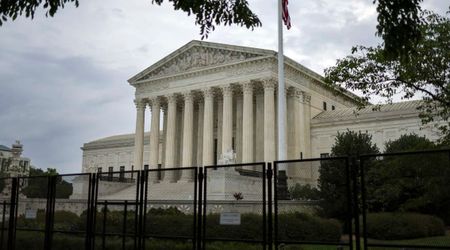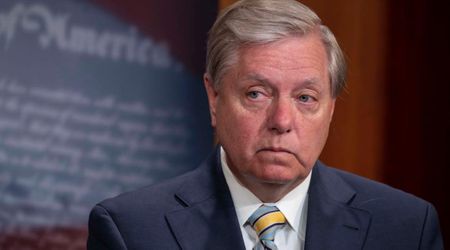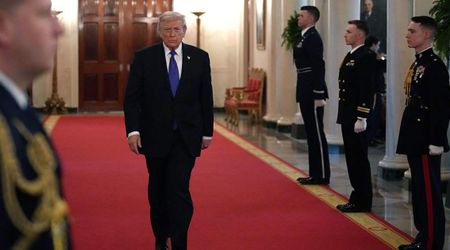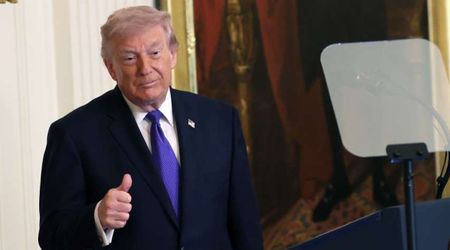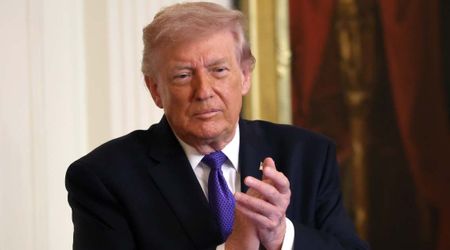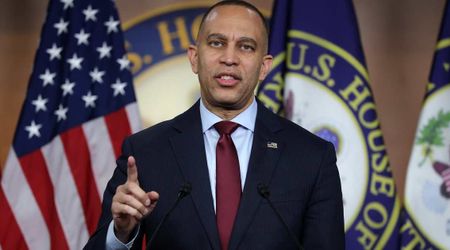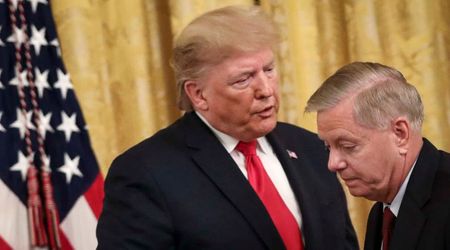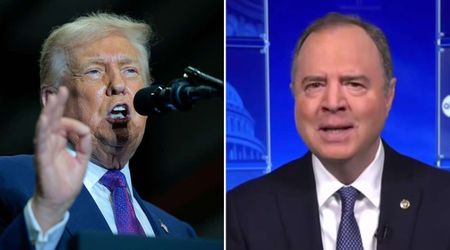Trump hush money trial Day 14: Stormy Daniels accused of making money off indictment and other takeaways
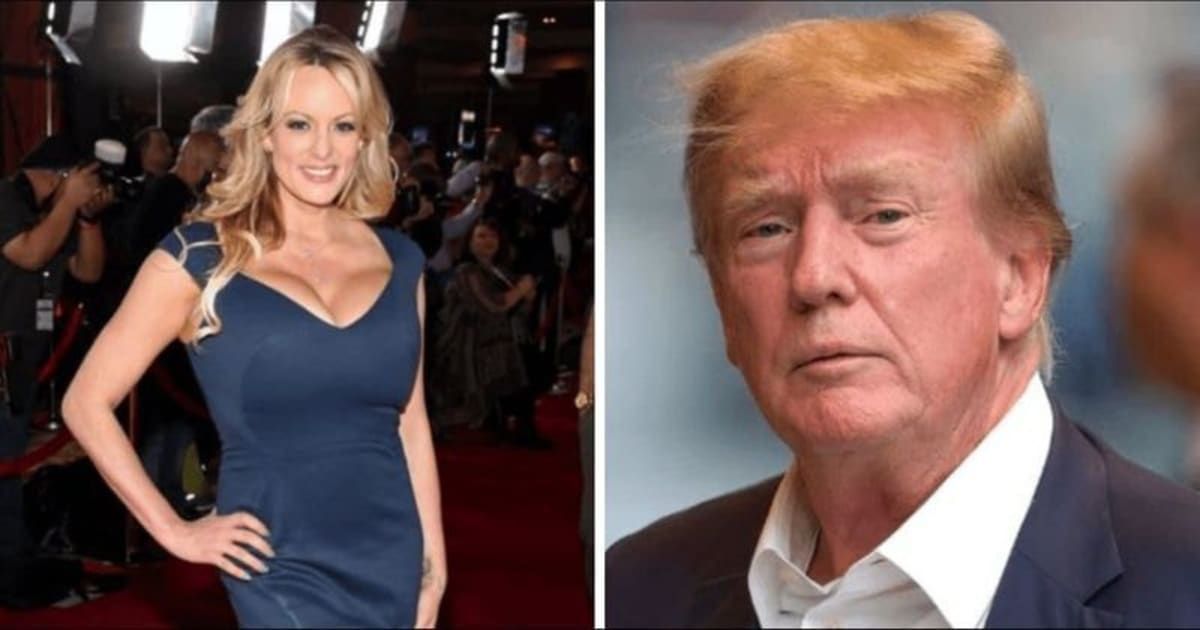
5 key insights from Day 14 of Donald Trump's hush money trial

In the latest session of the hush money trial, Donald Trump's legal team continued to attack Stormy Daniels' credibility. Defense attorney Susan Necheles alleged that Daniels fabricated her claim of a sexual liaison with Trump solely for financial gain. Daniels staunchly defended the authenticity of her account, asserting that her encounter with Trump was indeed genuine, despite facing scrutiny over discrepancies in her narrative. "If that story was untrue, I would have written it to be a lot better," she declared. As the day progressed, tensions escalated in the courtroom. Trump's lawyers sought a mistrial and requested the removal of the gag order preventing Trump from discussing Daniels, albeit both pleas were swiftly rejected by Judge Juan Merchan, maintaining the trial's course. Following are the key highlights from Day 14 of the Trump hush money trial.On Thursday, Donald Trump's lawyers sought to undermine Stormy Daniels's testimony about her alleged sexual encounter with the former president (James Devaney/GC Images)
1. Contentious cross-examination

On the second day of cross-examination, Daniels returned to the witness stand, exhibiting a combative demeanor as she faced questioning from Necheles. Necheles probed into the inconsistencies surrounding the arrangement of the dinner with Trump, the actual occurrence of the dinner, and Daniels' assertion of feeling threatened during the encounter. Drawing attention to Daniels' exposure to nudity in her adult film career, Necheles questioned why encountering Trump on his bed in boxers and a T-shirt “was so upsetting that you got light-headed, the blood left your hands and feet and you almost fainted?” Daniels responded, “If I came out of the bathroom and saw an older man in his underwear that I wasn’t expecting to see there, yeah." Further scrutiny delved into the specifics of the encounter, referencing a prior interview where Daniels described Trump beckoning her with a "come here" before they began kissing on the bed. When Necheles suggested that Daniels fabricated the entire story, she adamantly denied it. Necheles then shifted focus to Daniels' background as a writer of adult films. “You have a lot of experience of making phony stories about sex appear to be real,” Necheles asked. "Wow,” Daniels responded. “That’s not how I would put it. The sex in the films is very much real just like what happened to me in that room."
2. Clash over Stormy Daniels' financial situation
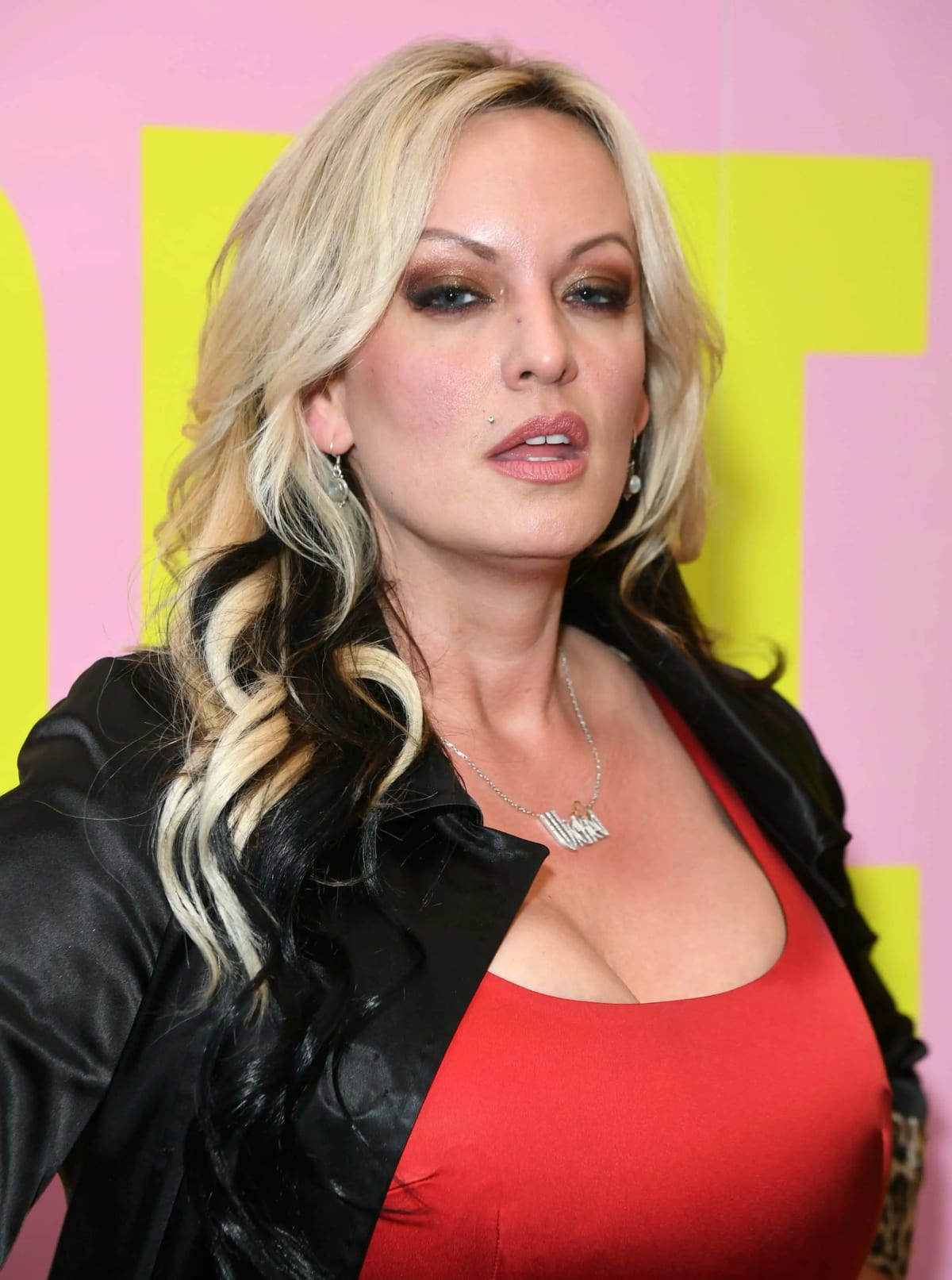
Apart from the details of the alleged encounter, Trump's legal team and prosecutors clashed over conflicting narratives regarding Daniels' financial situation. Necheles persisted in implying that Daniels profited from claiming to have had sex with Trump, referencing a tweet where she boasted about earning $1 million and others directing her followers to her online store after Trump's indictment. Necheles pointedly asked, "You’re celebrating the indictment by selling things from your store?" Daniels retorted, “Not unlike Mr. Trump." Trump's attorney further scrutinized Daniels' financial activities, mentioning her 'Make America Horny Again' strip club tour in 2018 and highlighting posters she had used for promotion. Additionally, they probed into her earnings from an NBC documentary, where the filmmakers had purchased the rights to her book. During re-direct, prosecutors allowed Daniels to recount the toll her public disclosure has taken on her finances and personal life, including relocating her daughter, hiring security, and covering legal fees after unsuccessfully suing Trump. When asked if publicly sharing her experiences with Trump had been a positive or negative aspect of her life, Daniels candidly replied, "Negative."
3. Insights from former White House aide

Former White House aide Madeleine Westerhout provided insights into the inner workings of Trump’s West Wing, where she served for over two years just outside the Oval Office. She recounted receiving a list of Trump’s contacts from his longtime assistant Rhona Graff, which included famous individuals ranging from television personalities like Joe Scarborough and Jeanine Pirro to sports icons Serena Williams and Tom Brady. Westerhout also offered insight into Trump’s work habits, noting his preference for sharpies, printouts of documents, and the Oxford comma. Trump, she testified, preferred direct communication either in person or over the phone, noting that he spoke with "a lot" of people each day. She mentioned that Trump would take calls as early as 6 am and continue late into the night. The prosecution explored Westerhout's role in handling checks from the Trump Organization, which she would bring to Trump for his signature before sending them back to New York. While she didn't have direct knowledge of the checks Trump signed for Michael Cohen, her testimony added weight to the prosecution's argument regarding Trump's involvement in signing checks in 2017. Westerhout tearfully recounted her departure from the White House in 2019, admitting that she made regrettable statements and expressing remorse for her actions. When questioned about her book 'Off the Record', written post-White House, Westerhout explained her intent to share her perspective on Trump with the American people. “President Trump forgave you, right?” Necheles asked. “He did,” Westerhout responded. “He was a really good boss.” Additionally, Westerhout painted a different picture of Trump than Daniels, testifying to his close relationship with his wife Melania and their family. She recounted Melania frequently texting her about Trump's whereabouts, with messages like, "Madeline, it’s past dinner time. When is my husband coming home?"
4. Donald Trump's gag order challenge denied

Trump’s team made two requests following Daniels' testimony, asking for a mistrial and a modification of the gag order against Trump. Both requests were denied by the judge. Attorney Todd Blanche argued for Trump's right to publicly defend himself against Daniels’ allegations, highlighting that Trump is currently restricted from responding to claims of a non-consensual encounter. Blanche emphasized inconsistencies in Daniels' account, suggesting that her story had changed regarding the nature of the encounter. Blanche asserted that Trump is unable to refute these claims publicly, stating, “he is not allowed to say ‘I did not do that’.” However, Judge Merchan rejected the request, citing the need to maintain the integrity of the proceedings and expressing distrust in Trump's ability to adhere to any modified order. “The reason why the gag order is in place to begin with is precisely because of the nature of these attacks, the vitriol,” Merchan said. “These were very real, very threatening attacks on potential witnesses.” Merchan added, “Your client’s track record speaks for itself here – I can’t take your word for it.”
5. Mistrial motion rejected

Merchan rejected Trump’s renewed motion for a mistrial following Daniels' testimony, which Trump's attorneys argued unfairly prejudiced the jury against him. The judge reasoned that Trump's outright denial of the incident and his legal team’s efforts to undermine Daniels' credibility paved the way for prosecutors to delve into salacious details. “The more specificity Ms. Daniels can provide about the encounter, the more the jury can weigh whether the encounter did occur and if so whether they choose to credit Ms. Daniels’ story,” Merchan said. The judge criticized Necheles for not objecting to certain lines of questioning during Daniels' testimony, which the defense later cited as grounds for a mistrial. Trump's attorney, Blanche, contended that Daniels' trial testimony presented a new version of events, a claim that Merchan refuted. Prosecutor Josh Steinglass argued that Trump's familiarity with the "messy details" of the encounter in 2016 indicated a motive for the hush money payment and subsequent cover-up. Blanche argued that the level of detail extracted from Daniels by prosecutors crossed a line. However, Merchan said “details like items in the bathroom, the weight of the furniture,” add a “sense of credibility if the jury chooses to believe them,” although he acknowledged some details could have been omitted.

